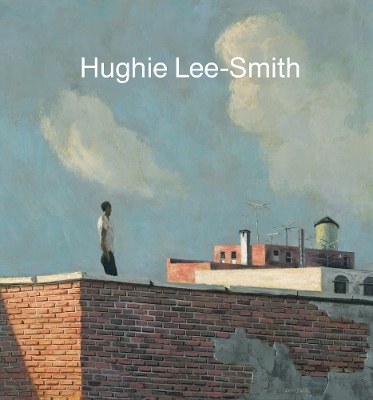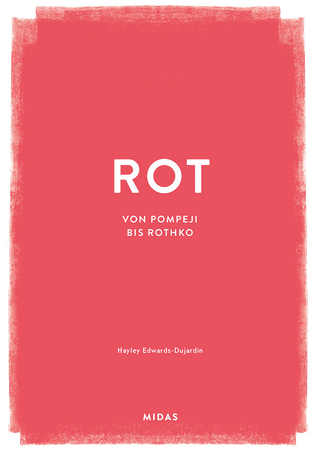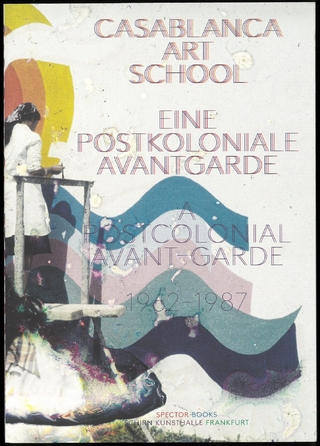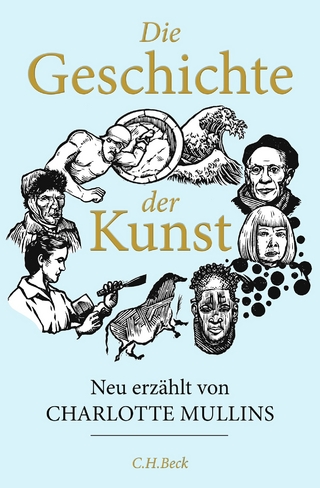
Hughie Lee-Smith
Seiten
2024
Karma (Verlag)
978-1-949172-91-1 (ISBN)
Karma (Verlag)
978-1-949172-91-1 (ISBN)
At once surreal and neoclassical, Lee-Smith’s masterful compositions reflect the social alienation of mid-20th-century America
Hughie Lee-Smith came of age in the midst of the Great Depression, spending his early life primarily between Cleveland and Detroit. The Midwest left an indelible impression on the artist, whose Social Realist paintings referenced its expansive gray skies and industrial architecture. Carnival imagery recurs throughout Lee-Smith’s work via the motifs of ribbons, pendants and balloons, often evoking the contrast between the carnival’s playful theatricality and its uncanny imitation of reality. He depicted abandoned, crumbling urban architecture as the sets for his existential tableaux, and even when his figures appear together, they always seem solitary. Over the course of his long career, Lee-Smith developed a distinct figurative vocabulary influenced by both Neoclassicism and Surrealism—the summation of a lifelong effort to see beyond the real.
This volume, published for a 2022 show at Karma, New York, surveys the artist's practice from 1938 to 1999, tracing his development from depictions of the Midwest to his years on the East Coast in the decades following World War II. It features writing by Hilton Als, Lauren Haynes, Steve Lock and Leslie King-Hammond, as well as a conversation between Reggie Burrows Hodges, LeRonn P. Brooks and Kellie Jones.
Hughie Lee-Smith (1915–99) was born in Eustis, Florida. Early in his career he was involved in several WPA projects, including Karamu House in Cleveland (the oldest running African American theater in the nation) and the Southside Community Art Center in Chicago, where he would cross paths with Charles White, Gordon Parks and Margaret Taylor-Burroughs, among others. Eventually teaching would take him to the East Coast, where he was artist in residence at Howard University in Washington, DC, and later an instructor at the Art Students League of New York. He died in Albuquerque, New Mexico.
Hughie Lee-Smith came of age in the midst of the Great Depression, spending his early life primarily between Cleveland and Detroit. The Midwest left an indelible impression on the artist, whose Social Realist paintings referenced its expansive gray skies and industrial architecture. Carnival imagery recurs throughout Lee-Smith’s work via the motifs of ribbons, pendants and balloons, often evoking the contrast between the carnival’s playful theatricality and its uncanny imitation of reality. He depicted abandoned, crumbling urban architecture as the sets for his existential tableaux, and even when his figures appear together, they always seem solitary. Over the course of his long career, Lee-Smith developed a distinct figurative vocabulary influenced by both Neoclassicism and Surrealism—the summation of a lifelong effort to see beyond the real.
This volume, published for a 2022 show at Karma, New York, surveys the artist's practice from 1938 to 1999, tracing his development from depictions of the Midwest to his years on the East Coast in the decades following World War II. It features writing by Hilton Als, Lauren Haynes, Steve Lock and Leslie King-Hammond, as well as a conversation between Reggie Burrows Hodges, LeRonn P. Brooks and Kellie Jones.
Hughie Lee-Smith (1915–99) was born in Eustis, Florida. Early in his career he was involved in several WPA projects, including Karamu House in Cleveland (the oldest running African American theater in the nation) and the Southside Community Art Center in Chicago, where he would cross paths with Charles White, Gordon Parks and Margaret Taylor-Burroughs, among others. Eventually teaching would take him to the East Coast, where he was artist in residence at Howard University in Washington, DC, and later an instructor at the Art Students League of New York. He died in Albuquerque, New Mexico.
| Erscheinungsdatum | 17.11.2023 |
|---|---|
| Mitarbeit |
Interviewte Person: Kellie Jones, LeRonn P. Brooks, Reggie Burrows Hodges |
| Zusatzinfo | 293 Illustrations |
| Verlagsort | New York |
| Sprache | englisch |
| Maße | 260 x 279 mm |
| Themenwelt | Kunst / Musik / Theater ► Kunstgeschichte / Kunststile |
| Sozialwissenschaften ► Ethnologie | |
| Sozialwissenschaften ► Soziologie | |
| ISBN-10 | 1-949172-91-0 / 1949172910 |
| ISBN-13 | 978-1-949172-91-1 / 9781949172911 |
| Zustand | Neuware |
| Informationen gemäß Produktsicherheitsverordnung (GPSR) | |
| Haben Sie eine Frage zum Produkt? |
Mehr entdecken
aus dem Bereich
aus dem Bereich
eine postkoloniale Avantgarde 1962–1987 / a postcolonial avant-garde …
Buch | Softcover (2024)
Spector Books (Verlag)
32,00 €


